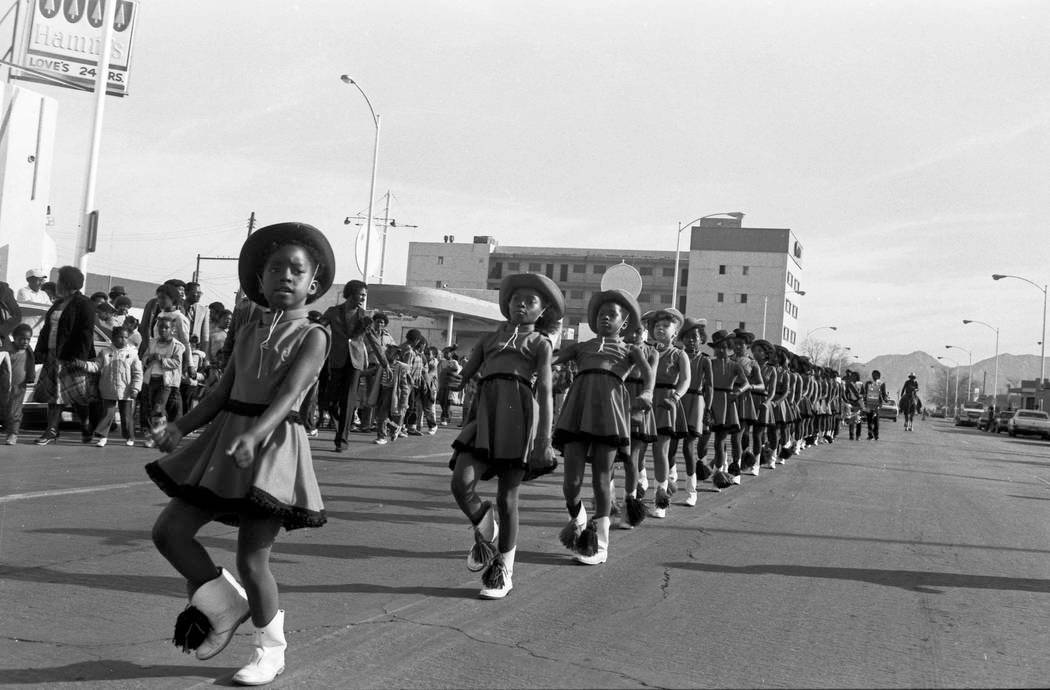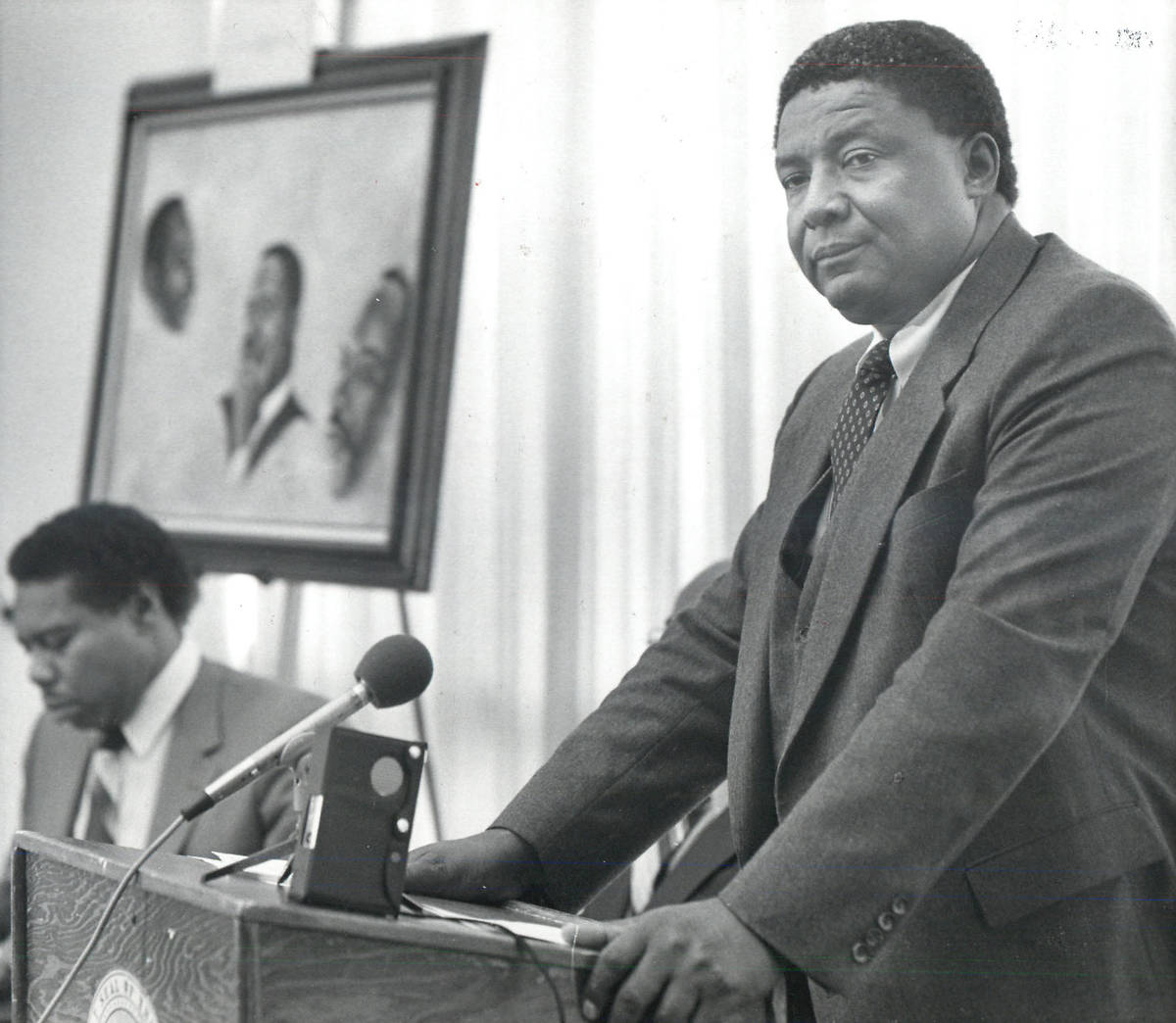RICHARD STEPHENS: Thoughts on Martin Luther King, Jr. Day
The celebration of Martin Luther King, Jr. Day calls up a wide range of memories for me, having lived through and seen many changes in our country and society as a result of the civil rights movement that Dr. King led and championed.
Born in 1946, I grew up in an integrated town in Texas. I know there were Black people in town, but I seldom, if ever, saw them. In fact, I remember being totally surprised the only time I saw any Black people (in this case a mother and her children) downtown.
The “N-word” was common vernacular back then. Kids even used it as part of our most common name for the slingshots we made from forked limbs and inner tube rubber.
The Black folks lived by themselves in “N-town,” and they went to a separate school. I don’t even know where it was located or what it was like.
As for Martin Luther King, Jr., my only familiarity with him was from some news reports and from a book loaned to me by a Baptist minister friend. The great conspiracy theory of the day was “the international communist conspiracy,” and my minister probably spent as much time preaching anti-communism as he spent on the gospel.
That book accused Dr. King of being in cahoots with the communists. It featured a photo that purported to show him in attendance at a meeting of the National Communist Party. (As I recall the photo, he was the only person shown in the photo, and it could have been taken anywhere).
I attended my freshman and sophomore years in that town’s integrated high school. (Although integration of schools in the U.S. began in the late 1950’s, many school districts in Texas resisted for years—the last of them not integrating until 1970-71.) I was shocked when an uncle was adamant that his daughter would never go to high school with Black boys.
Then I moved to Las Vegas and finished my high school career at Las Vegas High School, which was integrated. There were relatively few Black students at LVHS back then, mainly because Western and Rancho were located closer to the part of town where the Black population was concentrated. The most prominent black students at LVHS at the time were Lee and Luther White, co-captains of the Wildcat football team.
Despite integration, there was still racial tension under the surface, with some people using racial slurs that were entirely new to me, such as referring to Blacks as “bloods.”
The same year I graduated from Vegas High, Dr. King gave a speech in Las Vegas in which he said, “Old Man Segregation is on his deathbed. The only thing I’m concerned with is how costly the segregationists are going to make the funeral.”
The real battle over integration in Las Vegas schools, as well as in many other places, came later, with the mandating of busing students out of their neighborhood schools to achieve a more even racial distribution. The unpopular busing was later replaced by building more schools and dedicating more effort to make schools equal in resources, something the school district is still struggling with.
When I was a high school student, my stepfather took me with him to a bar in Westside (Las Vegas’s historical Black district) where he was meeting with some Black friends. (I was underage, but I always looked older.) He and I were the only white people in the place, which was packed with a lot of other people who were looking at us, perhaps with amusement, perhaps with curiosity, perhaps wondering what business we had there.
Most white folks seemed nervous about Westside, in some cases fearful of it. When I worked as a delivery driver for a Las Vegas dry cleaner in the late ’60s I was told that we did not serve that part of town. I was told it was because it wasn’t safe.
I wish I could say that such feelings and attitudes no longer exist. I am encouraged by the progress we have made, and at the same time disheartened when I see racial animosity on display in news reports on public happenings and events.
I do not consider myself a racist in that I don’t have any conscious prejudice or animosity toward people of other races, but, on the other hand, I believe that all of us, no matter our race, are racist on some level.
More precisely, I believe that we are all tribal on some level. Our race is only one of the “tribes” we belong to by birth, by geography, by economic fortune, or by many other things. There is a built-in wariness of the “not me” or “not us.” In my opinion, that is the thing we have to strive hardest to overcome.
To end on a hopeful note, I will share an experience my wife had with one of our granddaughters. She had heard many glowing reports from our granddaughter about her best friend at school—how wonderful she was, how much fun she was to be around, how pretty her hair was, and so on. When my wife finally met our granddaughter’s friend, she discovered the girl was Black. Not once had our granddaughter said a word about her friend’s race.
I like to think that this points toward a brighter future. I think it is at least one step, however small, toward Dr. King’s “dream” coming true.
Richard Stephens is a freelance reporter living in Beatty.

















